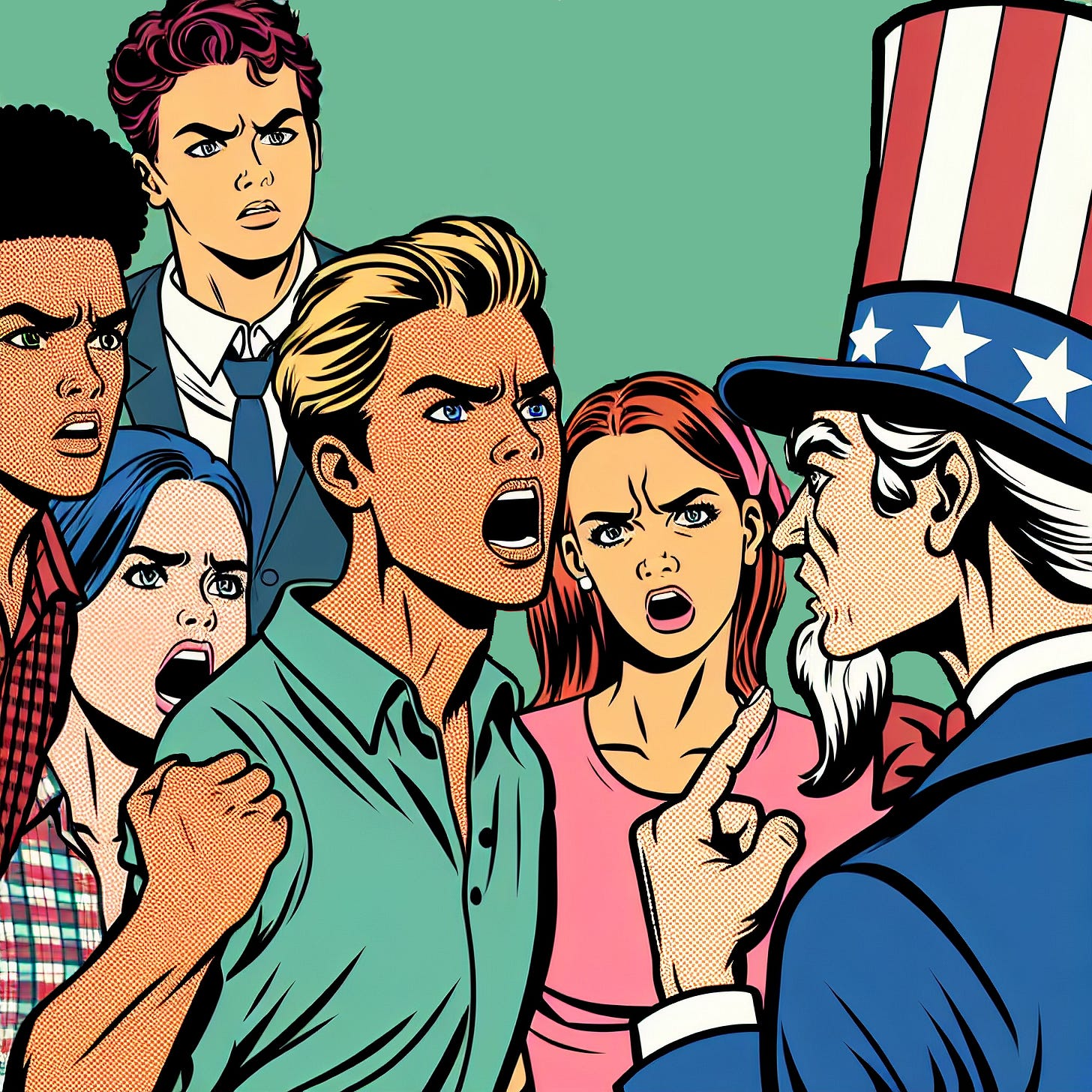A New Age of Political Pessimism
Caught between distrust and a desire for change, Gen Z's politics are not always predictable
Introduction from Daniel Cox:
I’m excited to have Rachel Janfaza guest post for American Storylines. Janfaza is a writer and author of The Up and Up, a fantastic newsletter that is a must-read for anyone interested in better understanding Gen Z. Her interviews with young adults continually challenge me to update my thinking about this dynamic and influen…




